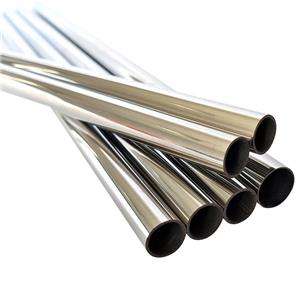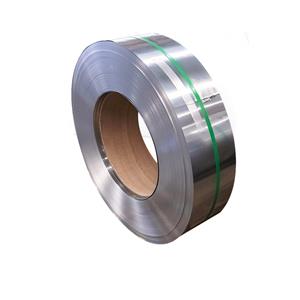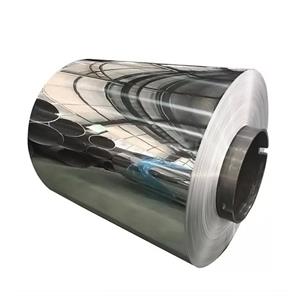steel pipe
Steel Pipes Revolutionizing the Industrial Landscape with Strength and Versatility
Introduction:
Steel pipes have long been an integral component of the industrial landscape, playing a crucial role in various sectors. These cylindrical tubes, made from steel alloys, possess exceptional strength, durability, and versatility, making them indispensable in a wide range of applications.
Construction Industry:
In the construction sector, steel pipes are extensively used for structural purposes. They form the backbone of buildings, bridges, and other infrastructure projects, providing robust support and ensuring structural integrity. Steel pipes are preferred for their ability to withstand heavy loads, making them ideal for applications where strength and durability are paramount.
Transportation Sector:
Steel pipes are instrumental in the transportation sector, particularly in the oil and gas industry. They are employed for the safe and efficient transportation of petroleum products and natural gas over long distances. The pipes’ high strength and resistance to corrosion enable them to withstand extreme operating conditions, ensuring the integrity of the transportation network.
Water and Sewage Systems:
Steel pipes also play a vital role in water supply and sewage systems. They are widely used for the distribution of clean water, as well as the drainage and disposal of wastewater. Steel pipes’ resistance to corrosion and their ability to handle high-pressure flow make them an ideal choice for such critical applications.
Industrial Processes:
In industrial settings, steel pipes find extensive usage in various processes. They are employed for the conveyance of chemicals, fluids, and gases in manufacturing plants. Additionally, steel pipes are used in heat exchangers, boilers, and condenser systems for efficient heat transfer during industrial operations.
Energy Sector:
The energy sector heavily relies on steel pipes for the transportation of oil, gas, and other energy resources. Steel pipelines are crucial for the exploration, extraction, and distribution of fossil fuels, ensuring a steady supply to power generation facilities and end-users.
Ongoing Innovations:
The steel pipe industry continuously evolves through innovations to meet the ever-increasing demands of modern infrastructure projects. Advancements in manufacturing techniques, such as seamless pipe production and advanced welding technologies, have resulted in pipes with greater strength, improved corrosion resistance, and enhanced dimensional accuracy.
Sustainability and Environmental Considerations:
Steel pipes also contribute to sustainability efforts. They have a long service life, reducing the need for frequent replacements. Additionally, steel is highly recyclable, allowing for the reuse of old pipes and minimizing environmental impact.
Conclusion:
Steel pipes have revolutionized multiple industries with their exceptional strength, durability, and versatility. Whether it’s supporting architectural structures, facilitating the transportation of fluids and gases, or enabling the efficient functioning of industrial processes, steel pipes are indispensable. Ongoing innovations in manufacturing techniques and a focus on sustainability further enhance their value. As the global infrastructure continues to expand, steel pipes will continue to play a vital role in shaping the future of countless industries.




